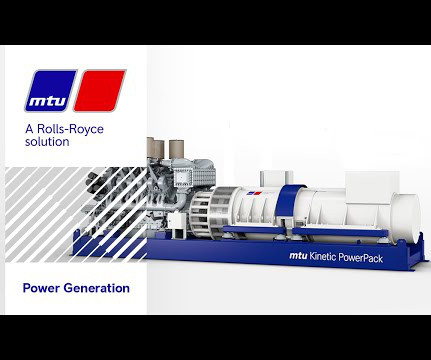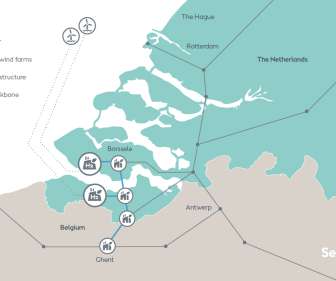EU project HyFlexFuel converted sewage sludge and other biomasses into kerosene by hydrothermal liquefaction (HTL); SAF
Green Car Congress
JUNE 28, 2021
So far, renewable diesel and jet fuels are mainly derived from plant oils, but the EU Renewable Energy Directive limits the use of biofuel from food and feed crops since they do not meet sustainability requirements when produced at large scale. —project coordinator Valentin Batteiger of Bauhaus Luftfahrt (Germany).
















Let's personalize your content